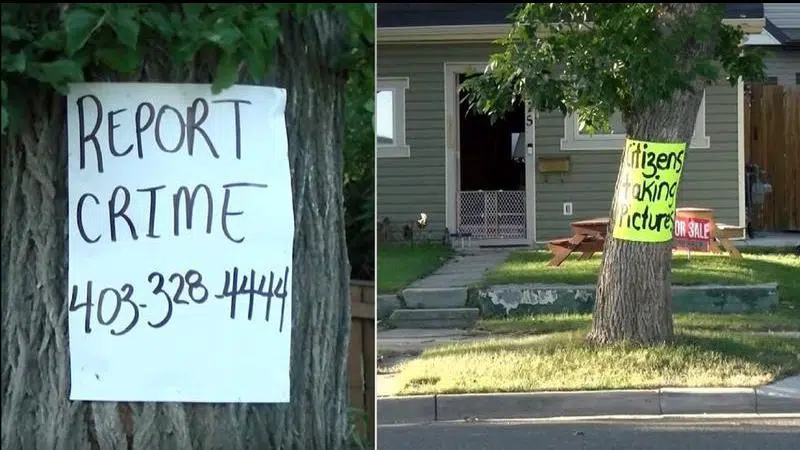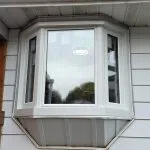
Residential and commercial B&Es combined up 22 per cent over 2018: Lethbridge Police Service
LETHBRIDGE, AB – There have been an average of 78 break and enters per month in Lethbridge between January and July of this year, mainly in the London Road, Westminster and Downtown residential neighborhoods – along with the Churchill Industrial area of the city. That’s according to new numbers released Tuesday (Sept. 24) by Lethbridge Police.
To further break those numbers down, Staff Sgt. Jason Walper, with the Criminal Investigation Section, says Industrial B&Es are up 41 per cent, while residential B&Es are up about 11 per cent depending on the area of the city.
Why? Walper says there are a couple of reasons: Lethbridge is a growing city and with that growth, generally comes an increase in crime. Also, the large number of those who are abusing or addicted to illicit drugs plays a significant part.
“Many individuals that have addictions need to feed those addictions in some manner. If they don’t have any legitimate source of income, then they have to defer to the illegitimate source of income which is a lot of times thefts, break and enters. And so, they can take property in exchange for money or drugs and to feed those habits. So, certainly that plays a part.”


